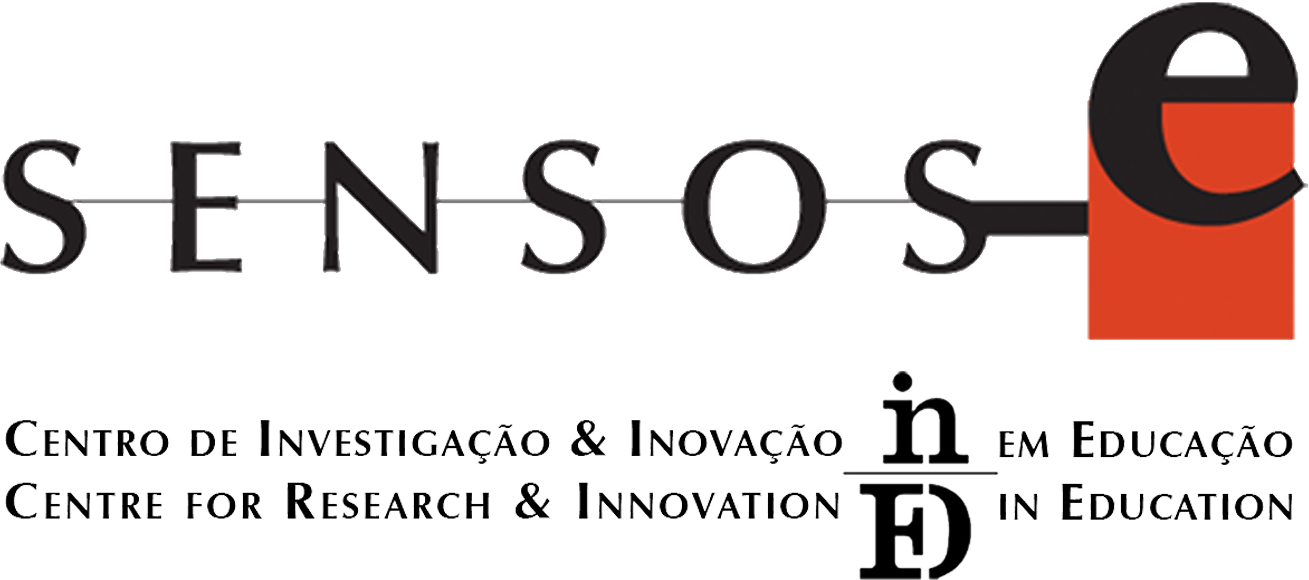Implement heritage education and activate development strategies
DOI:
https://doi.org/10.34630/sensose.v9i1.4276Keywords:
Education, Expanded heritage, Observation, Digitization, CurriculumAbstract
The conference presented by Roser Calaf in Porto (2019) has been reworked by choosing examples from the past that, related, anticipate features of the current situation (2021) and connect with social baggage and cultural change established after the pandemic. The research presented anticipates some Expanded Heritage strategies. This concept allows us to understand part of the suggested methodology for 21st century education (it moves through the real world and the other world). It is meant because it incorporates heritage as a tool for learning. This concept innovates Heritage Education. The ECPEME research revealed good practices in museum educational programs and used to build a web 2.0 to expose its development (open). It is necessary to rethink the curriculum as a structure that activates education; to dominate the inertias of the teaching staff and of educational policy (they tend to follow the model in use). Projecting towards the future is the mission of a curriculum and requires flexibility in the face of juxtaposed subject structures and moving towards real life promoting social improvement, digitization, creativity.
Downloads
Published
How to Cite
Issue
Section
License
Copyright (c) 2022 Roser Calaf, Sué Gutiérrez Berciano

This work is licensed under a Creative Commons Attribution-NonCommercial-ShareAlike 4.0 International License.



